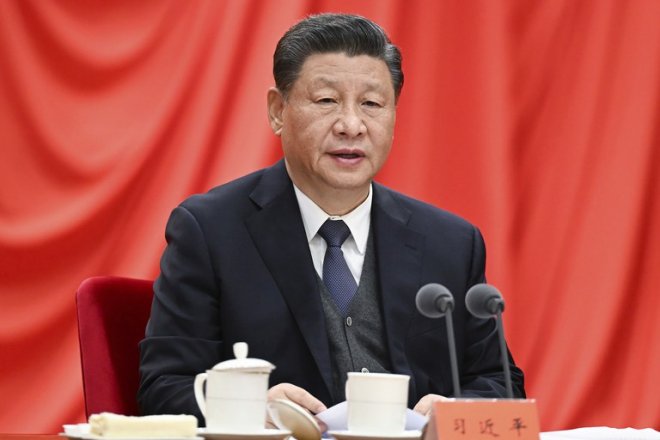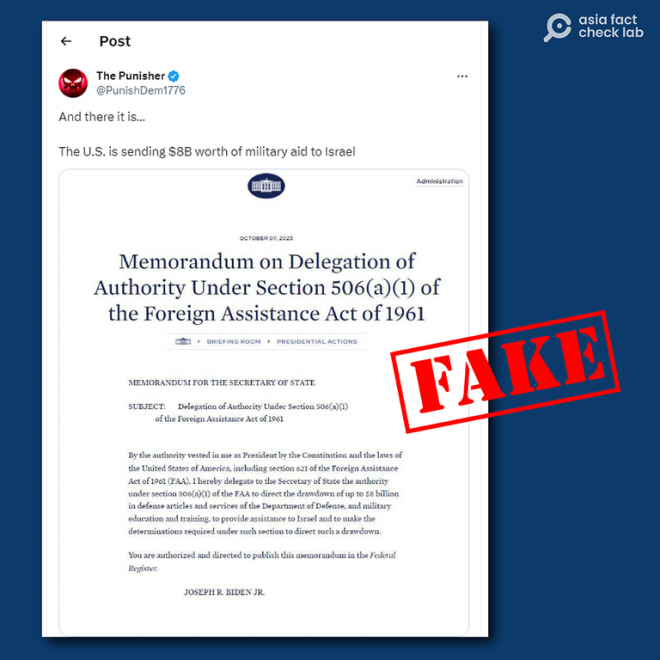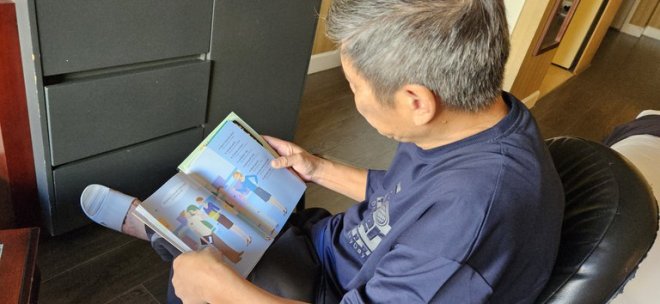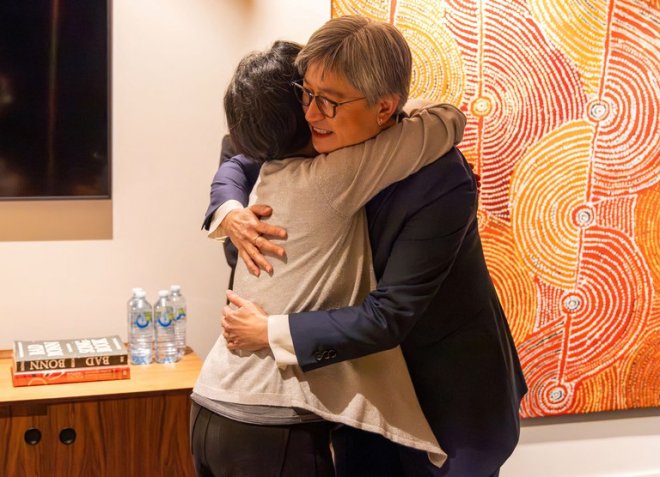China to pursue officials who flee through 'revolving door' to top company jobs
The anti-corruption arm of the ruling Chinese Communist Party has warned it will pursue officials who use the "revolving door" between state-owned companies and government to evade investigation or cash in on their former status.The Central Commission for Discipline Inspection listed "escape resignations" among its Top 10 Anti-Corruption Buzzwords for 2022, illustrating the concept with an animated GIF showing a briefcase-toting figure making a hasty exit through the Chinese characters for "escape" and "duty."
"Escape resignations" refer to party members and officials who have a chancer mentality, resigning from their posts either to evade accountability or to cash in via resignation or early retirement by netting themselves a job in an industry they were previously responsible for regulating, according to the GIF"s explanatory text.
"It"s a mutant and invisible form of corruption," the text warns. "It doesn"t matter how carefully they hide this behavior, nor how long they try to hide or how many times they try to reinvent themselves, they will find it hard to evade punishment by the party disciplinary agency and law enforcement."
The agency cited as an example Zhang Huayu, former deputy party secretary of China Everbright Bank. An in-depth investigation by Caijing magazine also cited Jia Leng, former director of the Inspection Office at the Agricultural Development Bank of China, Jiang Tingxian, former party secretary and director of the Jiulongpo tourism bureau in the southwestern city of Chongqing, and Zeng Changhong, former first-level inspector of the Investor Protection Bureau of the China Securities Regulatory Commission, who was expelled from the Chinese Communist Party in April 2022.
Zeng was accused of cashing in on her former regulatory position by working in due diligence companies issuing securities, Caijing reported.
The disciplinary agency also named and shamed Qiu Jin, the former deputy police chief in Zhejiang"s Hangzhou city, for using the "revolving door" linking business and political power and working for numerous companies as a security consultant, the report said.
Meanwhile, the China News Weekly said in a Jan. 3 report that there will be no let-up in the ruling party"s pursuit of such practices in the coming year.
Officials who see no prospect of advancement in their political careers are most likely to take this route, media reports said.
 Chinese President Xi Jinping addresses the sixth plenary session of the 19th CPC Central Commission for Discipline Inspection (CCDI) in Beijing, Jan. 18, 2022. Credit: Xinhua via APLess job satisfaction under Xi
Chinese President Xi Jinping addresses the sixth plenary session of the 19th CPC Central Commission for Discipline Inspection (CCDI) in Beijing, Jan. 18, 2022. Credit: Xinhua via APLess job satisfaction under XiChen Kuide, executive chairman of the Princeton China Institute, said many officials are also seeking escape from public anger over the disastrous economic impact of Communist Party leader Xi Jinping"s zero-COVID policy, and the emphasis on the individual political power held by Xi.
"It"s as if they"re saying, well, you insist on concentrating all that power in your own hands, leaving us with no choice but to do as we"re told, with no actual power left in the hands of officials [lower down the hierarchy], or resigning, leaving their post, and trying to make a go of things on their own," Chen said.
"[They think] the people who created this mess in China [ie, Xi Jinping] should be the ones to take the blame for it," he said.
Hu Ping, U.S.-based honorary editor-in-chief of the dissident magazine Beijing Spring, said officials have far less job satisfaction under Xi, who makes everything about ideology and political loyalty to him.
He said three years of draconian lockdowns, mass surveillance and testing under Xi"s favored zero-COVID policy had been faithfully implemented by local authorities, which now appear paralyzed amid a nationwide wave of mass infections and death that followed the abrupt lifting of restrictions.
"They were operating so efficiently during zero-COVID, organizing so many people across the country to do COVID-19 tests, building quarantine facilities left and right," Hu said.
"But now that has all been lifted, and there is such a huge demand on medical resources, giving rise to so many problems for people, the government is nowhere to be seen," he said. "It"s as if they are incapable of dealing with it."
Centralization of power
Chen said Xi"s extreme centralization of power in his own hands and that of a trusted entourage of absolute loyalists has taken a toll further down the ranks of the civil service.
"The fact that Xi Jinping exerts this centripetal force on the whole of officialdom has greatly weakened it," he said. "It makes it hard for the system to function."
Hu agreed, saying Chinese officials only care what their superiors think.
"Officials at all levels are unelected by ordinary people, so they don"t care about public opinion at all," he said.
"They are appointed and promoted by those higher up, so they always look to the higher levels, and never at the people, to know what to do," he said. "This is determined by the system they are in."
Translated by Luisetta Mudie.
[圖擷取自網路,如有疑問請私訊]
|
本篇 |
不想錯過? 請追蹤FB專頁! |
| 喜歡這篇嗎?快分享吧! |
相關文章
AsianNewsCast























